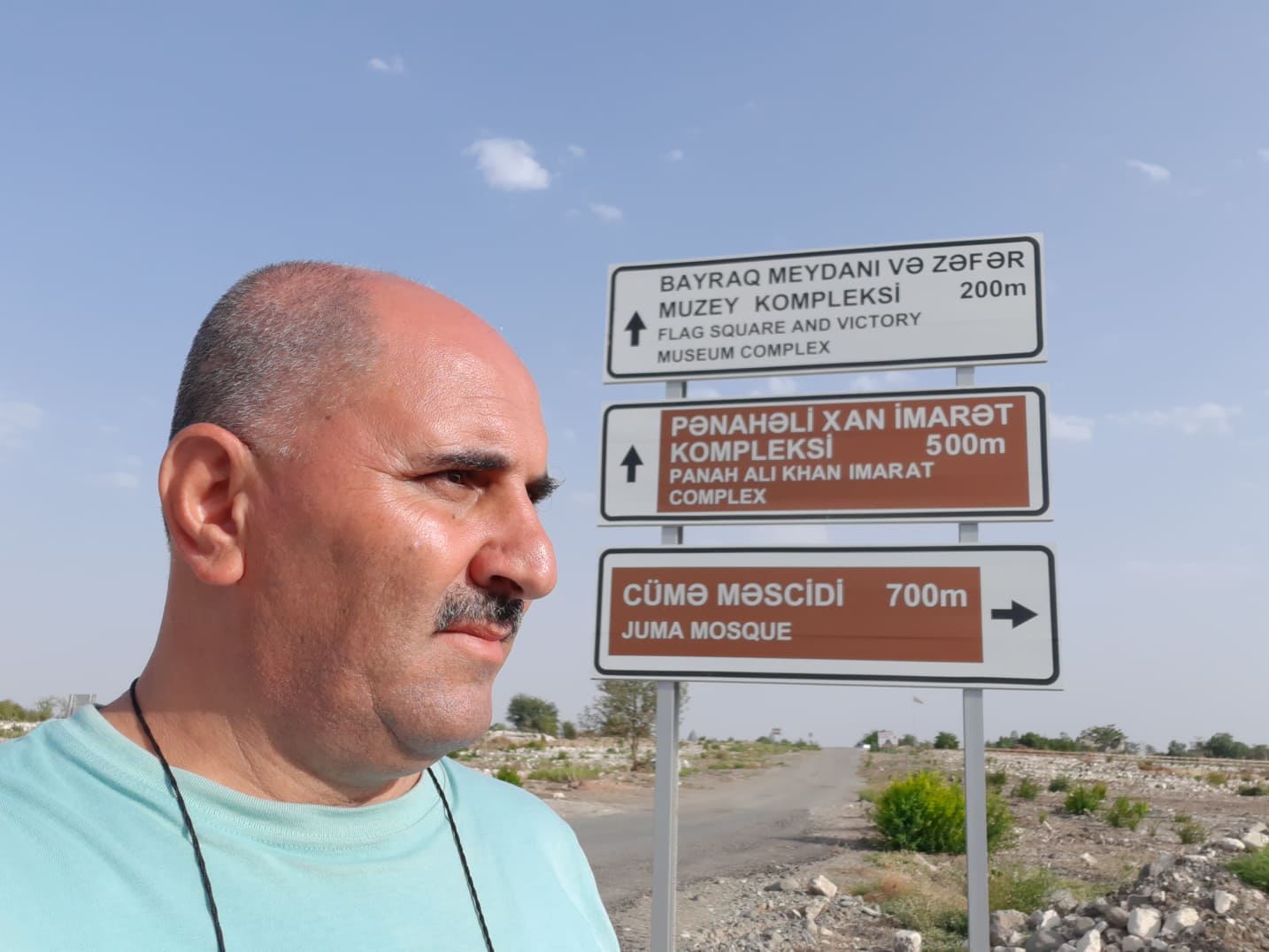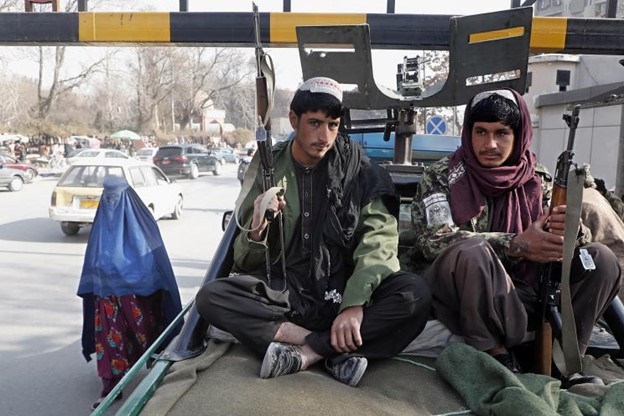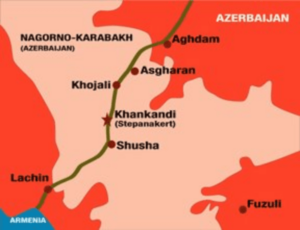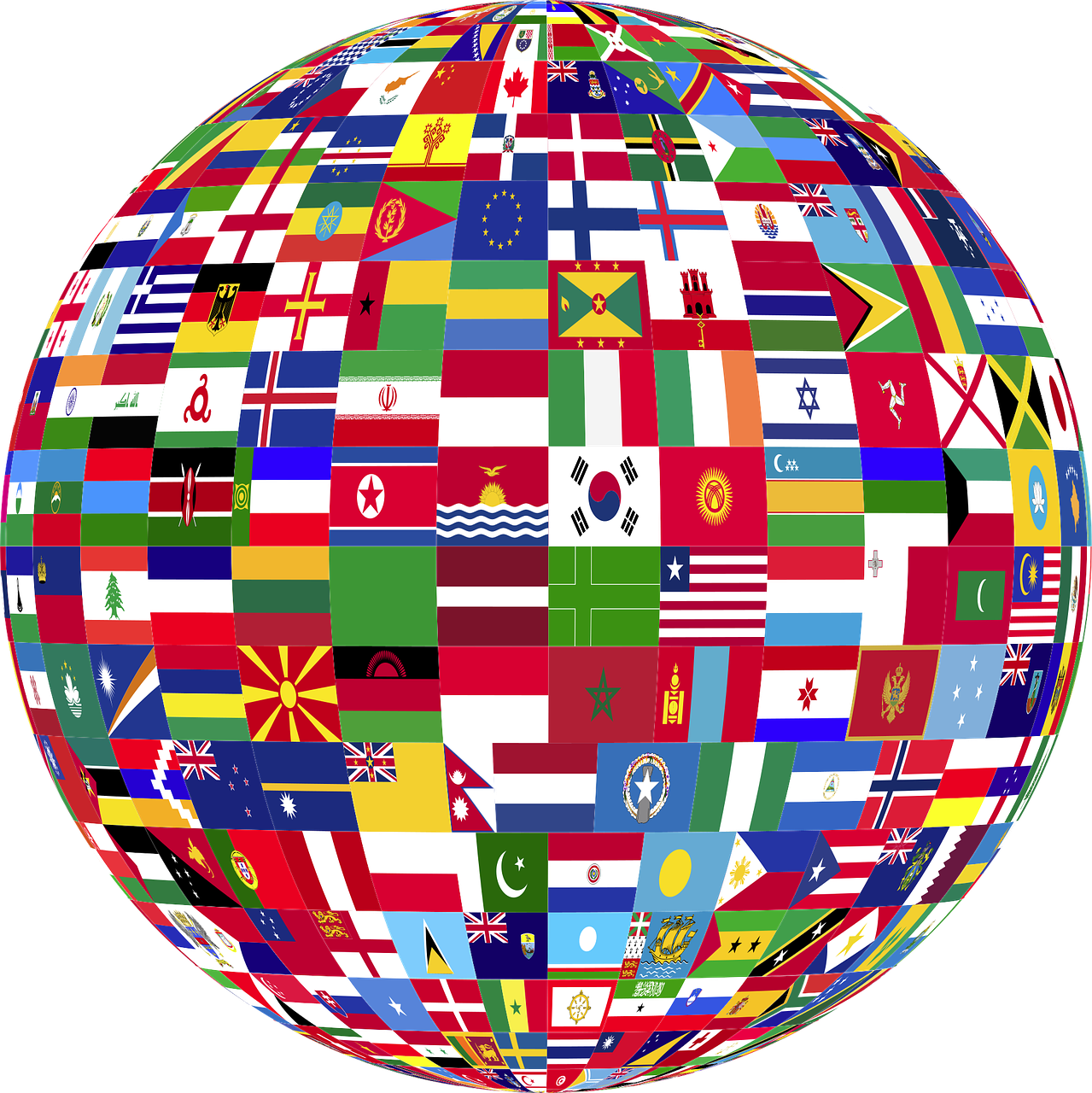By Azer HASRET
Just a few days ago BBC World News aired an interview with two Armenian activists. One of them was connected live from Los Angeles, another one from Azerbaijani city of Khankendi.
For those who is not quite enough familiar with the region of South Caucasus, Khankendi is a city within Karabakh Economic Region of Azerbaijan with the majority Armenian population. The city alongside with other parts of Karabakh and now Eastern Zangezur was under occupation of Armenia starting from early 1990s And the whole region was liberated by Azerbaijan during the 44-day war of 2020 provoked by Armenia to capture new lands.
As Azerbaijan managed to end the war with total victory it has offered to local Armenians to stay and live in peace. Those days Armenian population of about 30-40 thousand people was ready for reconciliation. And under the control of the Russian peacekeepers, they started again to live usual life.
Azerbaijan has kept open The Lachin Corridor for the Armenians of Karabakh to be in touch with Armenia as the region being under occupation of Armenia was connected to the latest. Thus, people have ties in Armenia, and they need to be in touch. Azerbaijan instead of being winner of the war, took into consideration this issue as well as a humanitarian need.
But after some times Azerbaijan has discovered that Armenians are using The Lachin Corridor to carry in weapons and heavy army units in order to prepare for the new war. Alongside with this Azerbaijan managed to build completely new road connecting Karabakh’s center Khankendi with Armenia. Afterwards, a year ago the new road was open, and Armenians were happy to use this more suitable connection. But it was misused as well. That’s why Azerbaijan starting from April 23, 2023, installed new checkpoint at the border with Armenia in order to prevent illegal use of the road.
Afterwards Armenians started to spread a propaganda, that Azerbaijan is “killing 120 thousand peaceful Armenians in Karabakh through starvation”. They call it even a new “genocide” again Armenians by Turks…
But during these past months no single Armenian was killed due to starvation. And Azerbaijan did not close the road in full leaving it open for humanitarian needs. And by today as well Armenians are using the road in both directions to connect between Armenia and Azerbaijan Karabakh region. (Plus, Azerbaijan Red Crescent Society has sent 40 tons of wheat flour for Armenians in Karabakh which is still blocked by the Armenians and can’t be delivered to the people in need…)
Instead of this situation Armenians are trying illegally pass through The Lachin Road. And Azerbaijan is preventing them from doing this. Plus, Armenian propaganda machine calls The Lachin Border Checkpoint “illegal installation”. According to their minds Azerbaijan must keep open its border with Armenia with no control. Is it possible? Or is there any country on the world which keeps its borders open with no checkpoints? Does Armenia itself keep its borders open to other countries as well? Not of course! But they demand that Azerbaijan must keep its borders open with no checkpoint for Armenians, even for others from foreign countries whom they wish to see in Karabakh!
Now that was a small portion of the history or some kind of enlightenment for those who is not quite familiar with the region and the issues, which are misused by Armenian propaganda.
As the situation is very clear, BBC World News a couple of days ago has aired and interview with two above mentioned Armenians. Of course, the media is and must be free to cover any issue. But even the BBC’s code of conduct requires to be balanced and impartial while airing any news or commentary.
In BBC’s above-mentioned broadcast under the title “The Context” only one side was interviewed and given an opportunity to speak. And unfortunately, both interviewers were Armenians and both of them failed to speak in a fair manner. What did they do? Of course, they accused Azerbaijan for “killing and genociding 120 thousand Armenians of Karabakh through starvation”.
We have noted that there are not 120 thousand Armenians in Karabakh. This is a small portion of population with a figure of between 30 to 40 thousand people.
What was stranger and more unacceptable, the BBC presented an interviewer from Khankendi, Karabakh as a “Former Human Rights Ombudsman of the Republic of Artsakh”!
“Republic of Artsakh”? Where is it? What is that? Does the world know about this so-called republic? Not of course! There is nothing called a “Republic of Artsakh” and no world country, no international organization recognizes such an entity. But the BBC, seems does “recognize” it…
Of course, we could stop a bit on the wordings of the interviewers. But we don’t do that. Because it was alongside with official Armenian fake propaganda and based on the accusations towards Azerbaijan with no base!
We understand Armenian propagandists. But it is not easy to understand the BBC which is to serve the truth and only truth.
That’s why as a career journalist with about 30 years of professional activity and international practice I do accuse the BBC’s this kind of stance and call on this news media to air apology and refutation. Hope, that BBC will find enough courage to do this…






